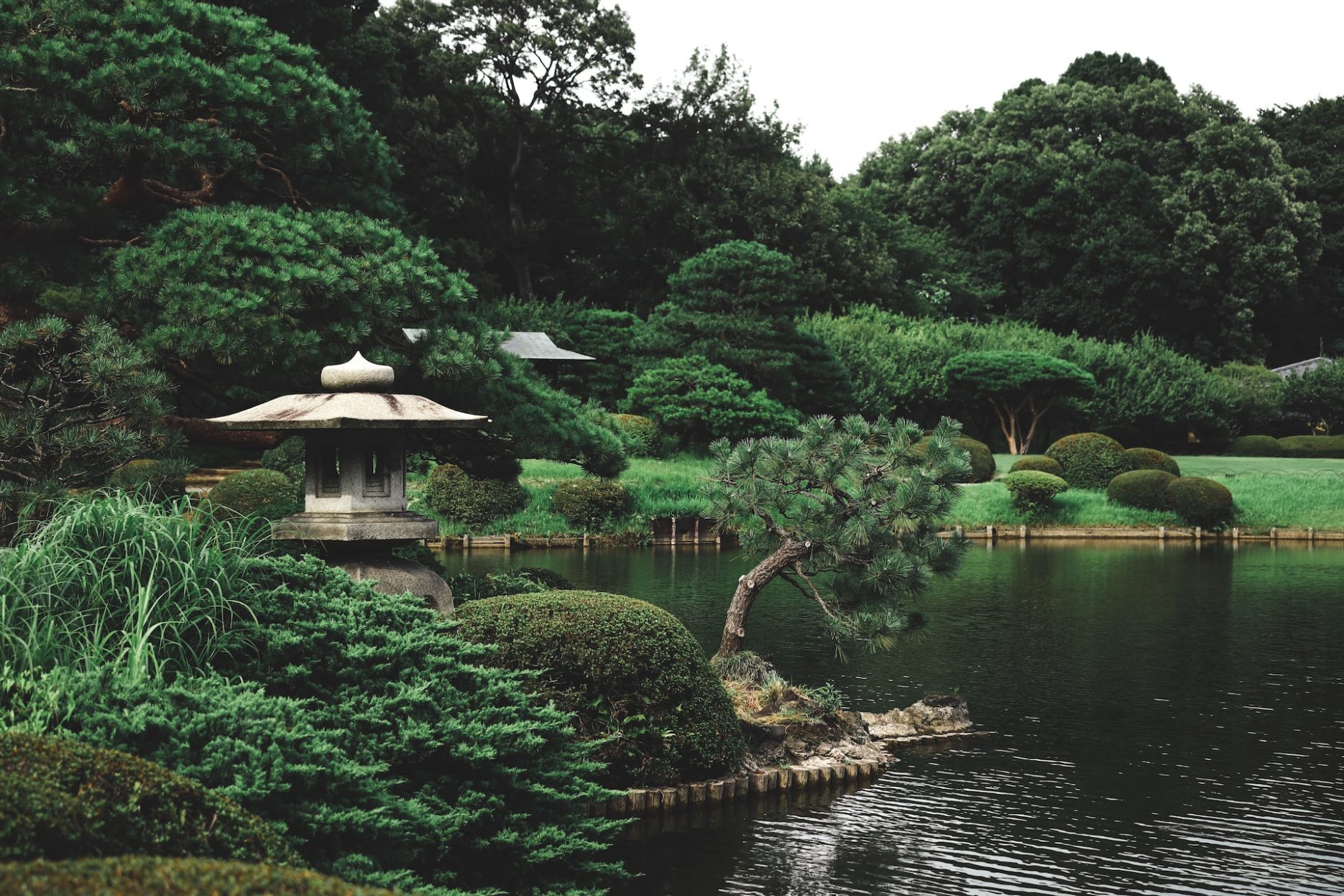Korean influence on Japanese culture is evident in several ways. Perhaps the most obvious is the popularity of Korean pop music and television dramas in Japan. These “hallyu” (Korean wave) exports have introduced many young Japanese people to Korean culture and language.
Another way that Korean influence can be seen is in the way that some Japanese people dress. The “ulzzang” or “Eoljjang” style of dress, which originated in Korea, has become popular among young Japanese women. This style is characterized by heavy use of makeup and cute, girly clothes.
The Korean Wave in Japan: How Hallyu is Taking over the Country
The Korean Wave, or “hallyu”, has been sweeping across Japan in recent years, with an increasing number of Japanese people becoming interested in all things Korean. From music and television dramas to fashion and skincare, the influence of hallyu can be seen everywhere in Japan.
One of the most popular aspects of hallyu in Japan is Korean dramas. These dramas often deal with topics that are relatable to Japanese viewers, such as love and family, while also offering a glimpse into a different culture. Many popular Korean dramas have been remade for the Japanese market, such as “Winter Sonata” and “My Love from the Star”.
The popularity of Korean dramas has led to an increase in the number of Japanese tourists visiting Korea. In 2016, 1.13 million Japanese tourists visited Korea, a 20% increase from the previous year. The most popular tourist destinations for Japanese visitors are Seoul and Jeju Islands.
The popularity of hallyu is also evident in the sales of Korean cosmetics in Japan. Cosmetics brands such as Etude House and Tony Moly have been particularly successful in the Japanese market, with sales of Korean cosmetics in Japan doubling from 2015 to 2016.
The success of hallyu in Japan is due to several factors, including the increasing popularity of social media and the growing number of young people who are interested in Korean culture. With the continued spread of hallyu, likely, its influence will only continue to grow in Japan.
From K-Pop to K-Dramas: Why Koreans are Taking over Japanese Entertainment
It’s no secret that Koreans have been making a big splash in the world of Japanese document translation services entertainment in recent years. From K-Pop to K-Dramas, more and more Koreans are becoming household names in Japan. So why are Koreans suddenly taking over Japanese entertainment?
There are a few reasons for this sudden surge in popularity. For one, the Korean Wave (or Hallyu) has been gaining momentum for years now and shows no signs of slowing down. Thanks to the internet and social media, Korean pop culture is more accessible than ever before, and fans all over the world are eager to consume it.
In addition, many Koreans are simply better at entertainment than their Japanese counterparts. They’re often more charismatic and have a better stage presence, which has helped them win over Japanese audiences. And because they’re not as bound by traditional norms and expectations, they’re able to take more risks and push the envelope a bit further, something that’s always appealing to fans.
Of course, it’s important to remember that not all Koreans are taking over Japanese entertainment. There are plenty of talented and popular Japanese entertainers out there. But it’s undeniable that the Korean presence in Japanese entertainment is growing, and it doesn’t seem like it will be slowing down any time soon.
From Kimchi to Bibimbap: How Korean Food is Taking over Japan
Korean food is becoming increasingly popular in Japan, as more and more people are exposed to the unique flavors and dishes of this cuisine. While Japanese food is often thought of as being healthy and light, Korean food is known for its bold flavors and hearty ingredients. This has led many people to view Korean food as a more exciting and interesting option, and it is slowly but surely gaining popularity in Japan.
One of the most popular Korean dishes in Japan is kimchi. Kimchi is a traditional fermented cabbage dish that is often spicy and tangy. It is typically served as a side dish, but can also be used as an ingredient in other dishes such as bibimbap (a rice and vegetable dish). Kimchi is rich in vitamins and minerals and has been shown to have numerous health benefits.
Bibimbap is another popular Korean dish that is slowly gaining popularity in Japan. Bibimbap is a rice and vegetable dish that is typically served with a variety of toppings, such as meat, eggs, and vegetables. It is a hearty and filling dish and can be easily made vegetarian or vegan.
Korean food is becoming increasingly popular in Japan, as more people are exposed to the unique flavors and dishes of this cuisine. While Japanese food is often thought of as being healthy and light, Korean food is known for its bold flavors and hearty ingredients. This has led many people to view Korean food as a more exciting and interesting option, and it is slowly but surely gaining popularity in Japan.
From Seoul to Tokyo: Why More and More Japanese People are Moving to Korea
As the world becomes increasingly globalized, people are more mobile than ever before. This is especially true of young people, who are often drawn to new and exciting places. In recent years, we’ve seen a trend of young Japanese people moving to Korea.
There are several reasons why Korea has become an attractive destination for Japanese people. For one, Korea is much closer to Japan than many other countries. This makes it easier and less expensive to travel back and forth between the two countries.
Another reason why Korea has become popular with young Japanese people is that it offers a unique blend of modernity and tradition. Seoul, the capital of Korea, is a bustling metropolis with all the amenities that one would expect from a modern city. At the same time, Korea has a rich culture and history that is very different from Japan’s. This provides a unique opportunity for young people to learn about and experience a new culture.
Finally, the cost of living in Korea is generally lower than in Japan. This makes it an attractive option for young people who are looking to save money.




